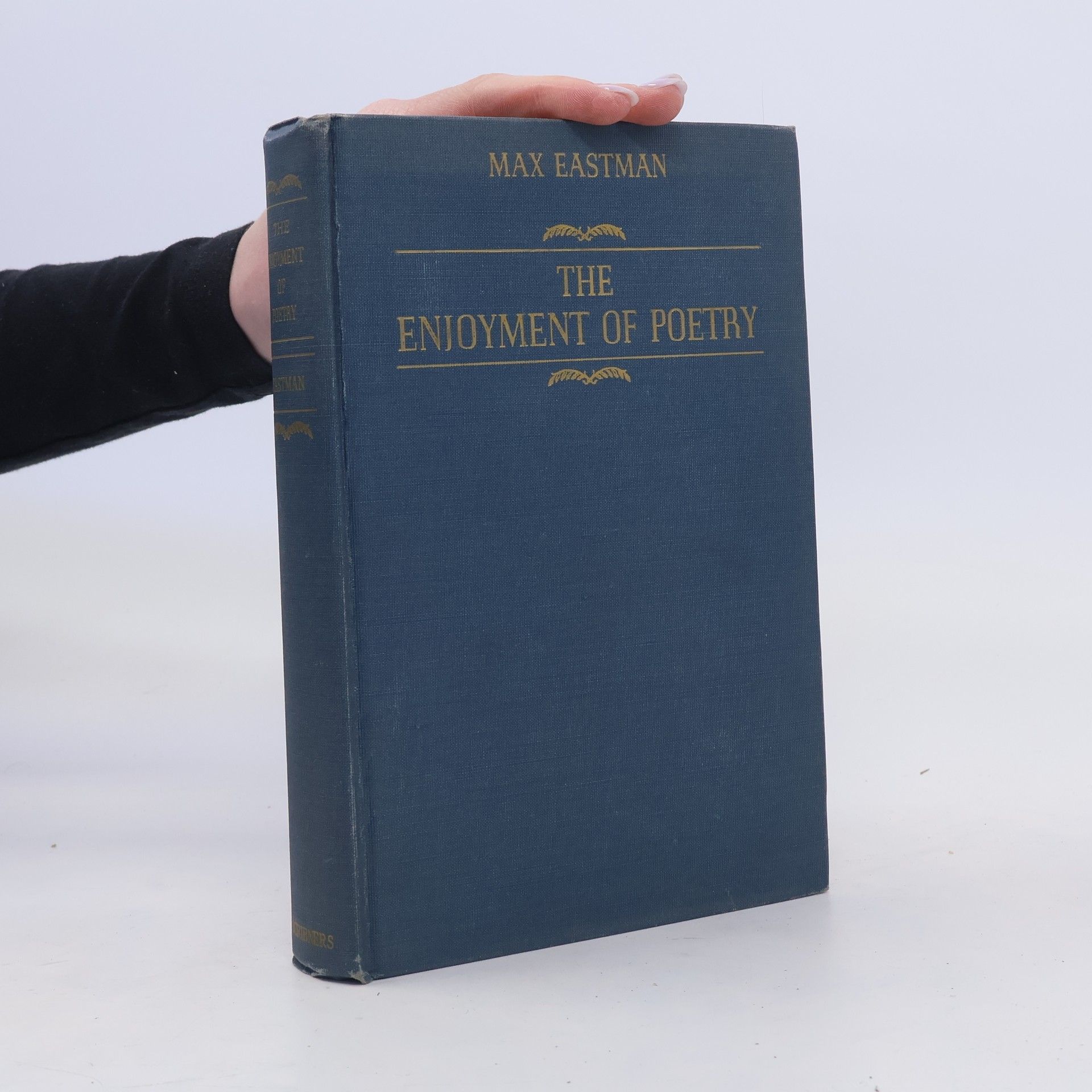Max Eastman Bücher





The book offers an in-depth analysis of the rise of the Stalinist regime in Russia, examining the inherent flaws in socialist doctrine that facilitated its emergence. Through a critical lens, it explores the political, social, and ideological factors that shaped Stalin's rule, providing insights into the complexities of governance and the impact on society during this tumultuous period.
Exploring the impact of the Soviet regime on culture, the book critiques the rise of bigotry and bureaucratism in the arts following Lenin's death. It examines how these elements have stifled creativity and expression, revealing the challenges faced by artists and writers in a repressive environment. Through its analysis, the work sheds light on the broader implications for society under Soviet rule, highlighting the tension between artistic freedom and political control.
The book critiques Marxism, reflecting the author's analytical approach to its principles. Through this examination, the author aims to illustrate his 'Method of Instruction,' offering insights into the philosophical underpinnings of Marxist theory. Originally published in 1941, it serves as both a critical assessment and a pedagogical tool, highlighting the author's perspective on the scientific validity of Marxism.